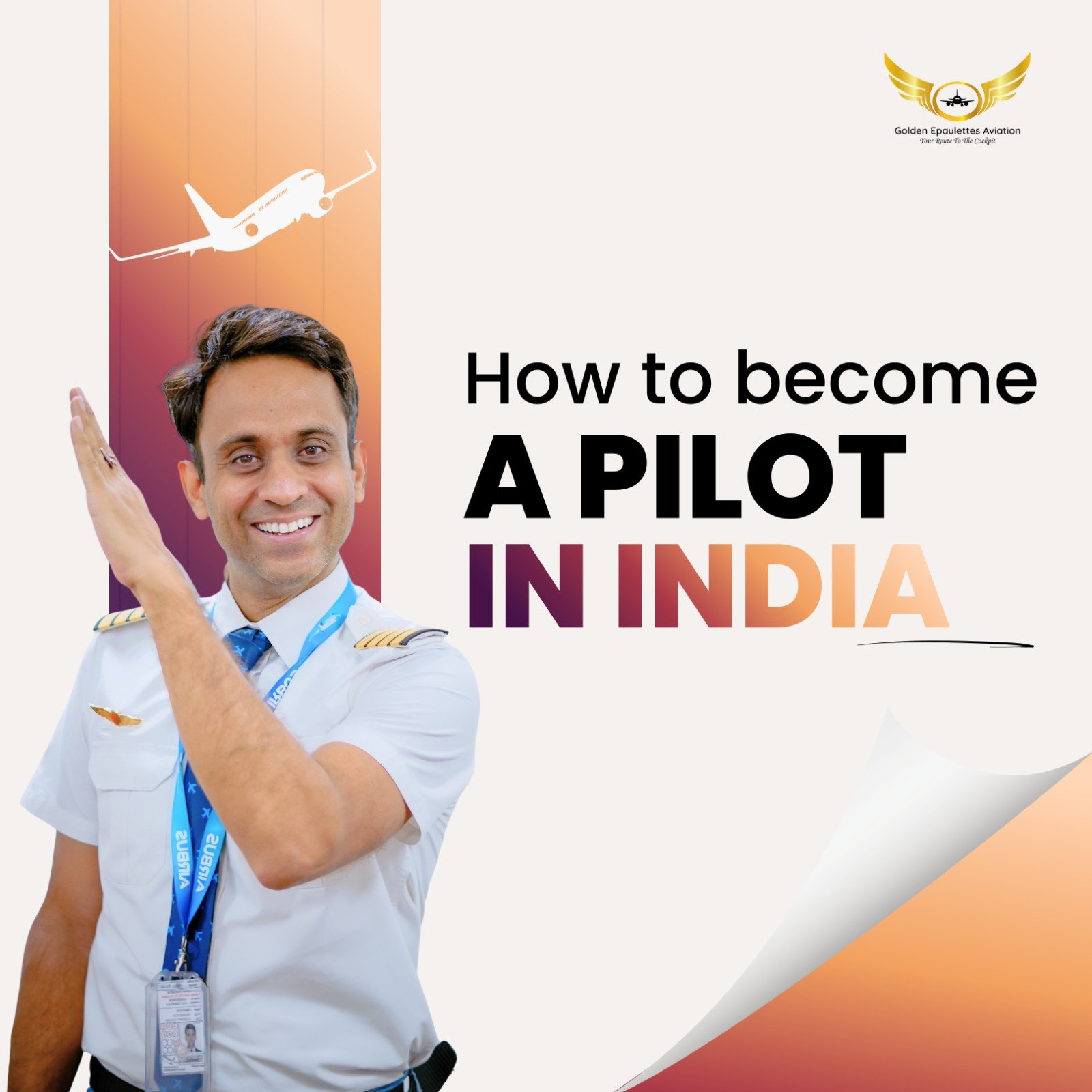Content will be added soon
Blog
•
13 Mar 2023
SpiceJet Cadet Pilot Program- Licensing Requirements - This article looks at the licensing requirements for the SpiceJet Cadet Pilot Program, helping potential pilots understand what they need to do in order to qualify.
SpiceJet Cadet Pilot Program
P
Premtosh Mishra
Author

